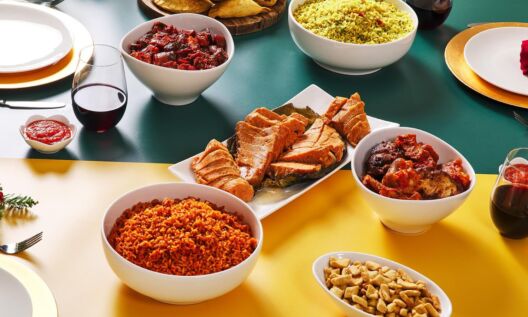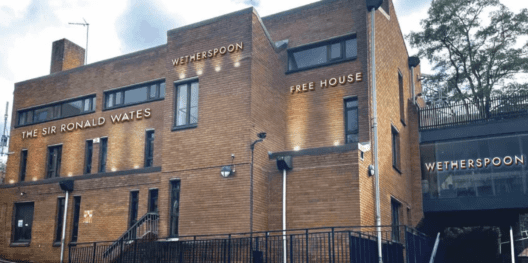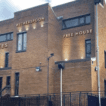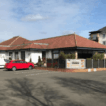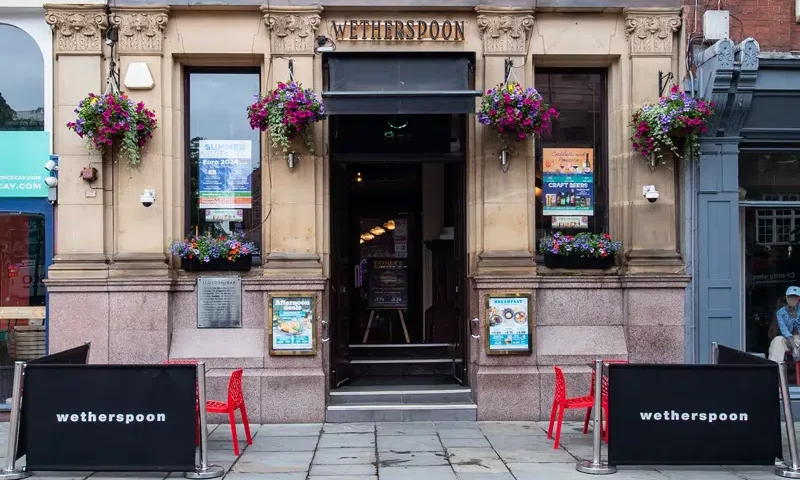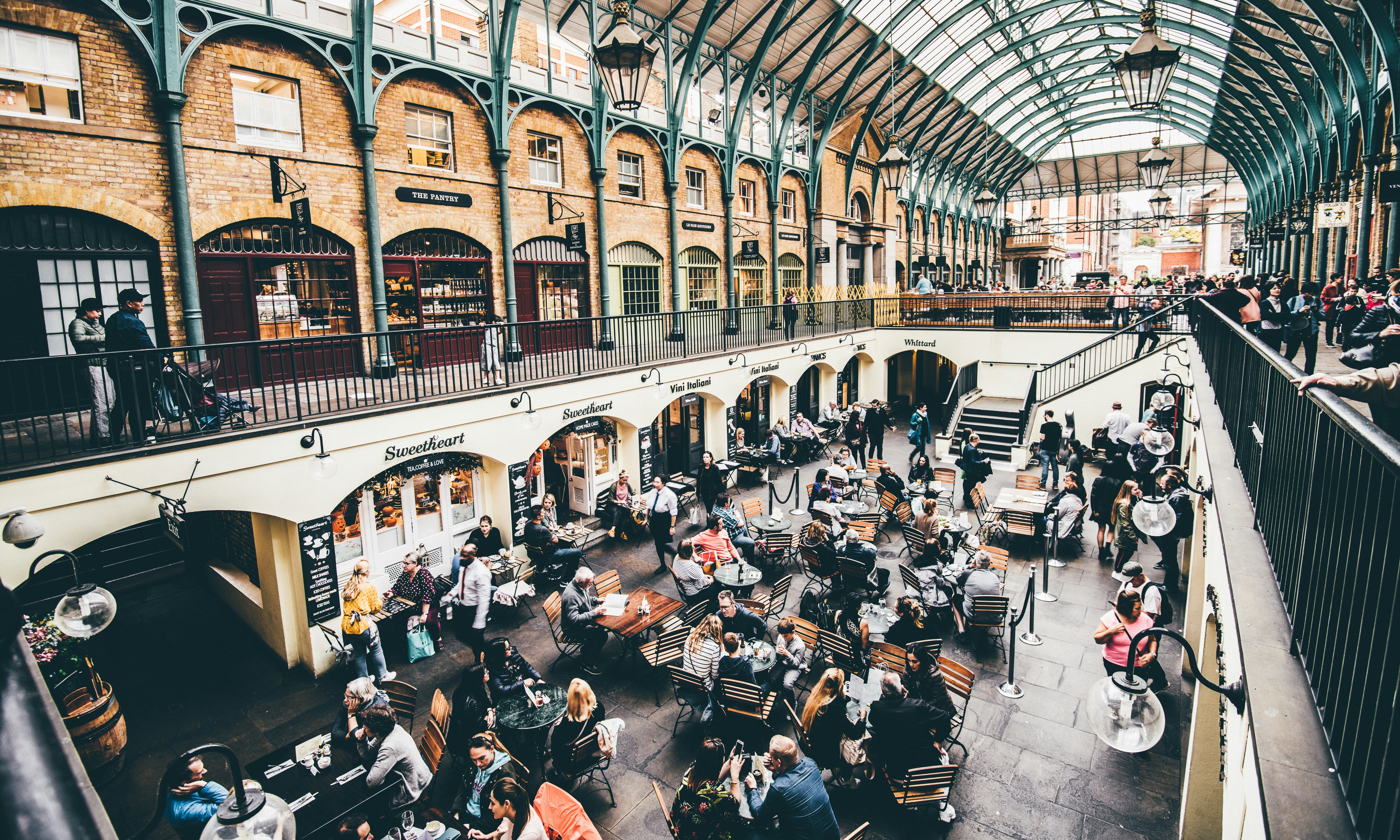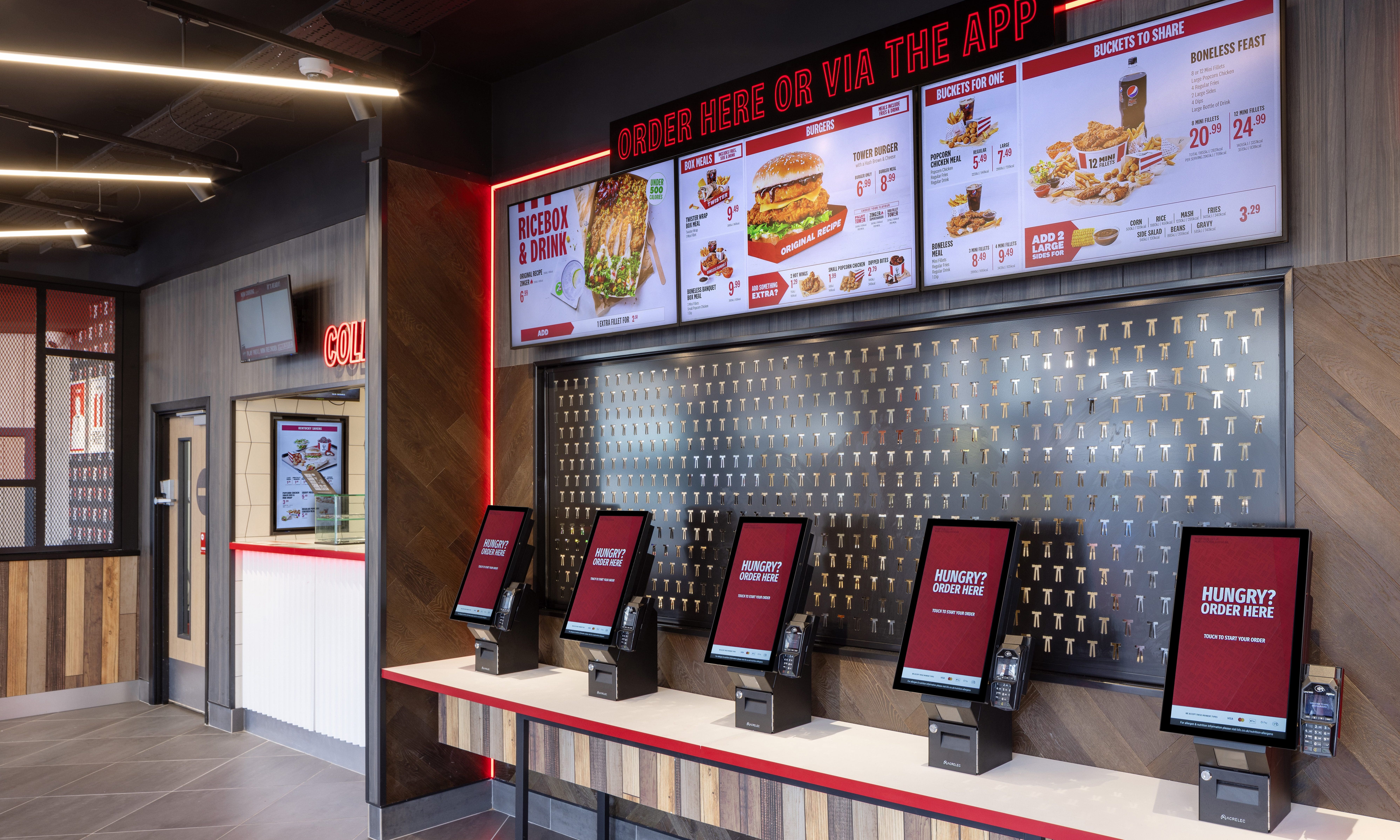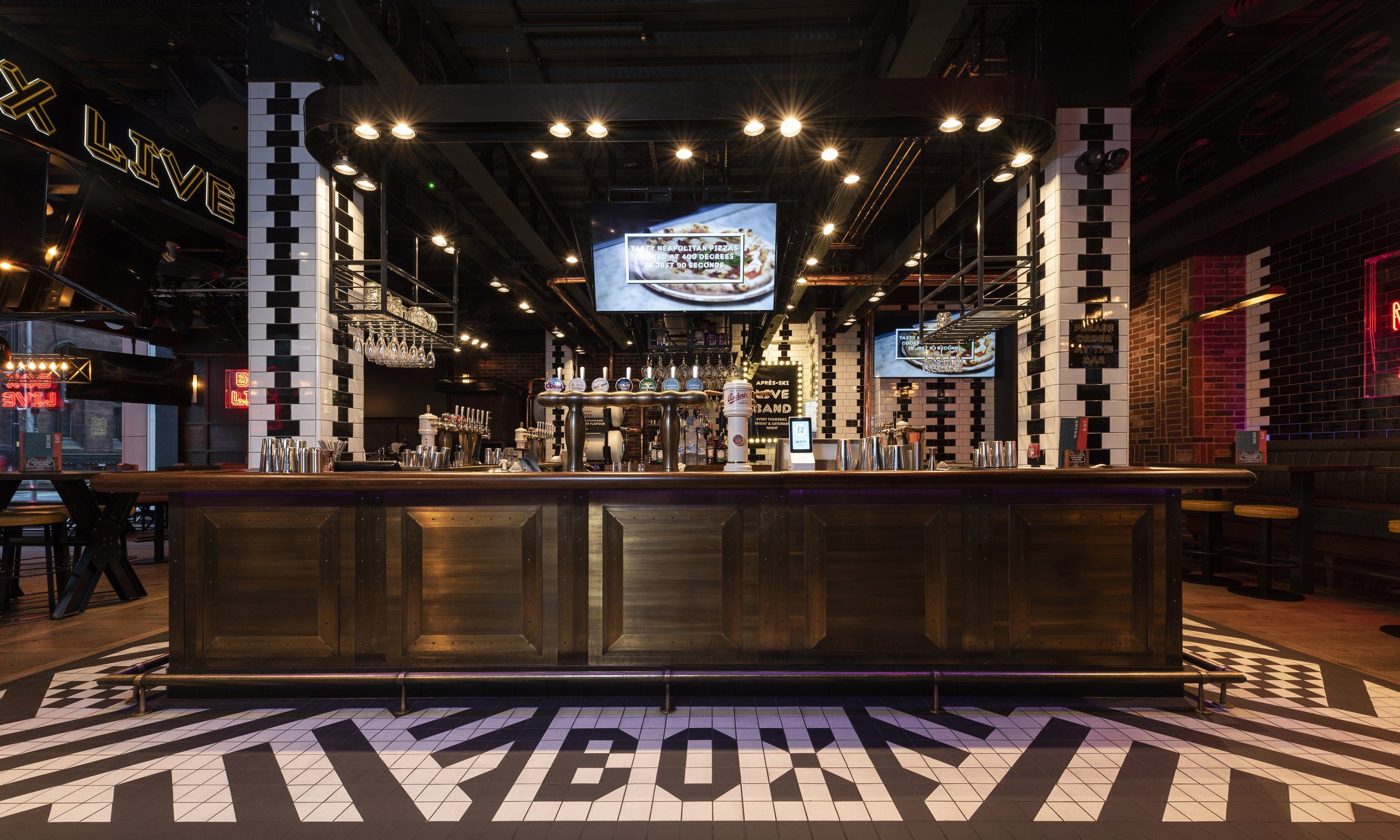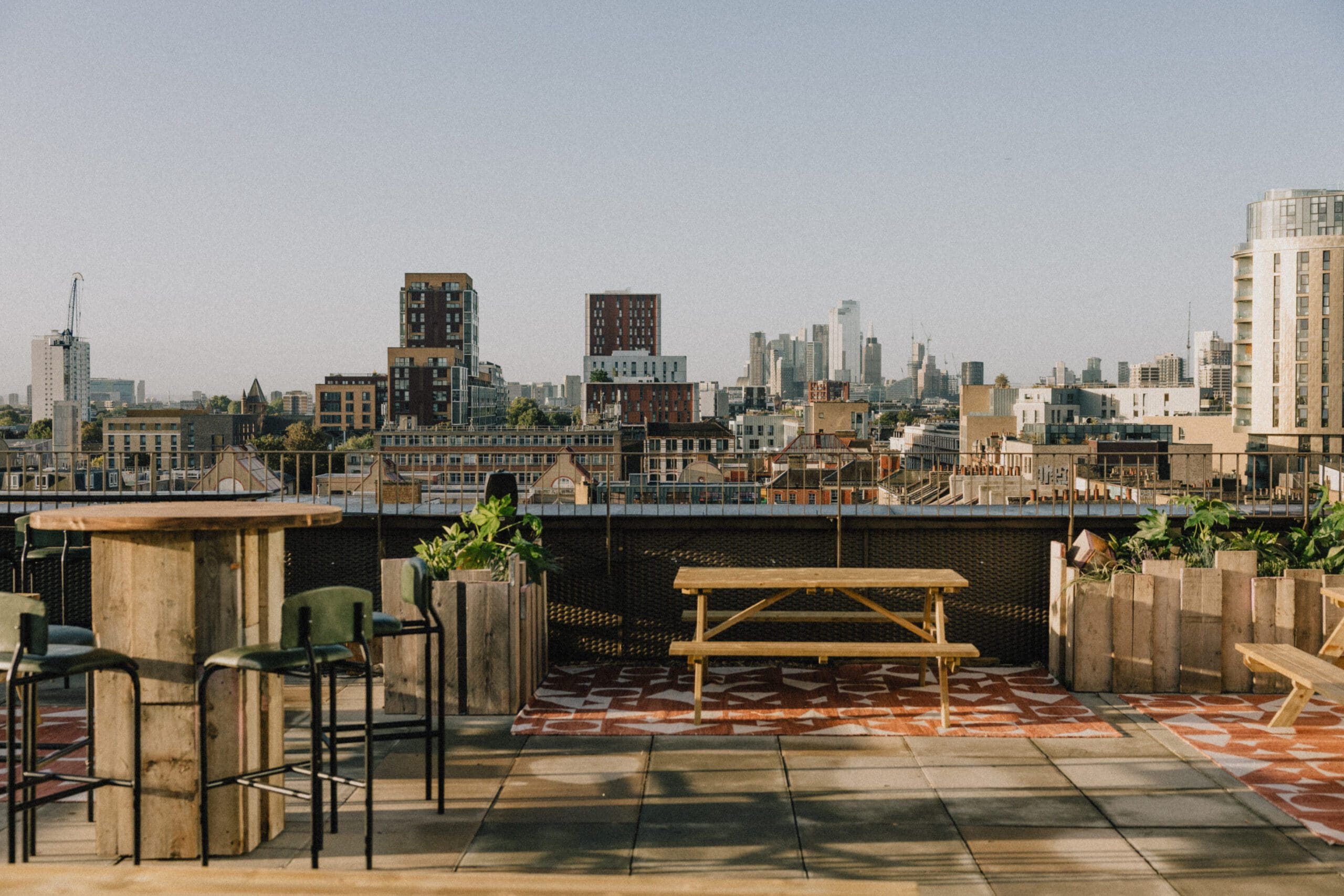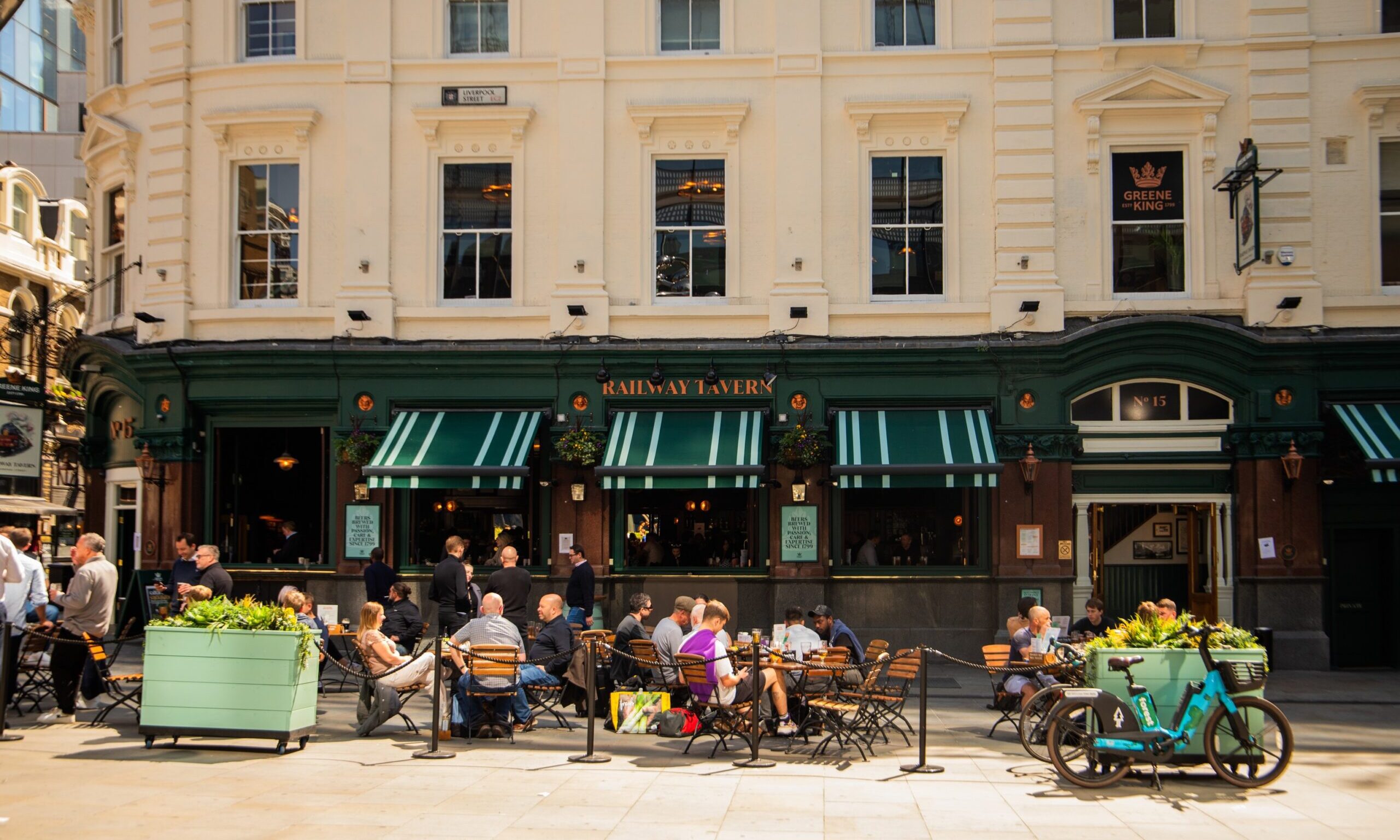Register to get 2 free articles
Reveal the article below by registering for our email newsletter.
Want unlimited access? View Plans
Already have an account? Sign in
JD Wetherspoon has reported a 3.7% increase in like-for-like sales for the 14-week period ended 2 November, as total sales rose 4.2% compared with the same period last year.
It comes as bar sales during the first quarter grew by 5.7%, food sales rose by 0.9%, and slot and fruit machine revenue increased by 8.9%, while hotel room sales fell by 6.3%.
The company said it continued to outperform industry averages, citing the CGA RSM Hospitality Business Tracker, which reported a 0.2% rise in like-for-like sales across the sector in September, compared with 3.4% growth for Wetherspoon. The pub operator has now exceeded the tracker’s performance for 37 consecutive months.
In the year to date, Wetherspoon has opened four pubs, in Kenilworth, Paddington Basin, London Bridge Station and Basildon, and plans to open 15 in total during the financial year. Two leases at the National Exhibition Centre in Birmingham expired, with one of the sites reopening as a franchise.
The company said 11 pubs are now operating under its franchise model, including five with Haven Holiday Parks, two with university student unions and two run by family-owned restaurant group Papas. Three franchised pubs have opened so far this year, with a further 12 expected before year end.
Wetherspoon chairman Tim Martin used the update to reiterate his long-standing concerns over UK energy policy, corporate governance rules and tax treatment for pubs.
Martin said: “The main lesson of the 1970s is that if energy prices go up, inflation results and almost everyone is poorer.”
He also criticised corporate governance rules, including what he called a “ludicrous nine-year rule”, arguing that it discourages successful international companies from listing in London.
Turning to the issue of costs, he highlighted widening price differences between pubs and supermarkets, citing higher labour and tax burdens on the hospitality sector. He said a 10% wage rise increases the price of a pint in a pub by about 15 pence, compared with 1.5 pence in a supermarket, and noted that pubs pay 20% VAT on food sales while supermarkets pay none.
Martin added: “Increased labour costs are dramatically widening the pricing differential between pubs and supermarkets, to the anger and consternation of customers.”
However, Wetherspoon remains “pleased with the continued sales momentum” but was “slightly more cautious in its outlook for the remainder of the year” ahead of the chancellor’s Budget statement later this month.


